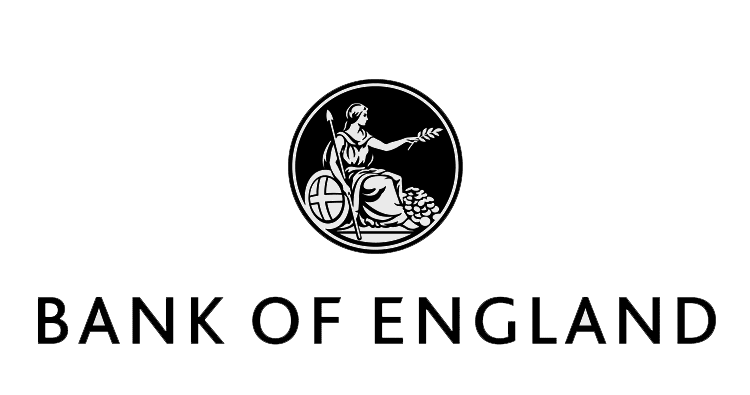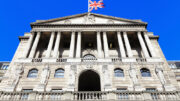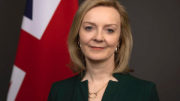Noting ‘some early indications of a slowing in housing demand’, the Bank of England’s Monetary Policy Committee has chosen to dampen the fire further by raising its bank rate to 1.75 per cent. It will stay at this rate until 15 September at least, by when inflation, currently 9.4 per cent, is expected to be well on its way to a predicted 13 per cent.
For those not on fixed rate deals or seeking new loans, the increase in interest rates is bound to filter through to mortgage rates. It will have some effect on property prices, as mortgages for buyers become more expensive. But property ownership is a good and traditional hedge against inflation, and even a 0.5 per cent increase in interest rates is paltry compare to an expected 5 per cent increase in inflation.
The Bank has painted a bleak outlook for the coming months, what with further energy price increases projected, slow growth, falls in real income and rising inflation that will ‘remain at very elevated levels throughout much of 2023’.
The Bank said it now expects the UK to enter recession from the fourth quarter of this year. ‘Real household post-tax income is projected to fall sharply in 2022 and 2023, while consumption growth turns negative’. Longer term, it is more hopeful, suggesting that inflation will fall back to 2 per cent two years from now. This must be very much dependent on how events in Ukraine pan out.
‘The risks around the MPC’s projections from both external and domestic factors are exceptionally large at present’, said the Bank. However, ‘inflationary pressures are nevertheless expected to dissipate over time. Global commodity prices are assumed to rise no further, and tradable goods price inflation is expected to fall back, the first signs of which may already be evident’.
For the Guild of Property Professionals, chief executive Iain McKenzie said keeping inflation under control and reducing the cost of living will ultimately ensure house buyers can keep up with their mortgage and tenants with their rent.
But in the meantime ‘those on a tracker mortgage or people moving onto a standard variable rate will see their repayments increase again, adding to the pain from the surge in the cost of energy and essential goods.
‘Over the last two years, we have seen unprecedented demand for property, which is in large part due to the ultra-low interest rates that have made getting a mortgage easier. As more people have wanted to get their foot on the property ladder, house prices have soared. Another consecutive interest rate rise could make potential buyers more hesitant about taking on a mortgage. If it does, we will likely see property prices cool off in order to entice more people to buy’.
The housing market has been remarkably resilient to rising interest rates, high inflation and squeezed incomes commented Emma Cox, head of real estate at buy to let lender Shawbrook. ‘Limited stock and the strength of the labour market have kept growth in very strong territory’, she said.
‘Mortgage lenders remain committed to offering buyers a range of options. ‘In the long-term, the UK is desperate for more quality, energy-efficient housing to meet demand from first-time buyers, homeowners and renters. Housing policy must be high on the agenda of the incoming prime minister to help achieve that goal.
Head of lending at Mortgage Advice Bureau, Brian Murphy, said the Bank of England was making good its promise is promise to ‘act forcefully’ to try and tame the worst inflation surge since the 1980s. But its action would put further substantial strain on mortgage borrowers, particularly those on tracker or variable rates’, he said.
‘Cheaper mortgage products are also dwindling, meaning home buyers are being left with more expensive options and either racing to lock into a rate or curtailing demand altogether buyer affordability is challenged’.








